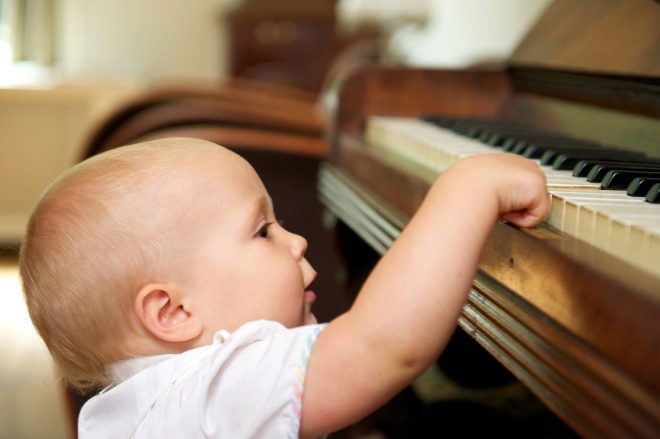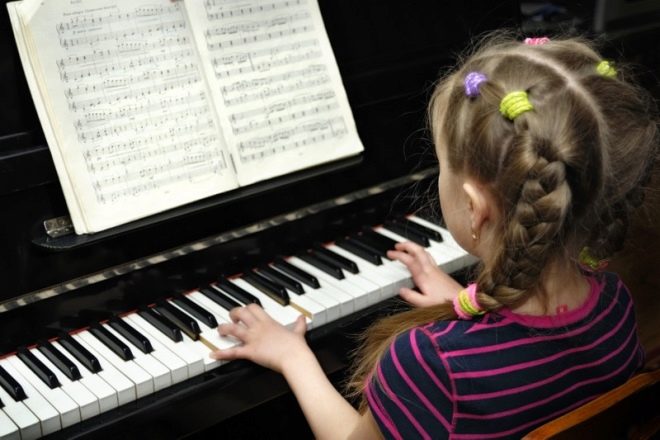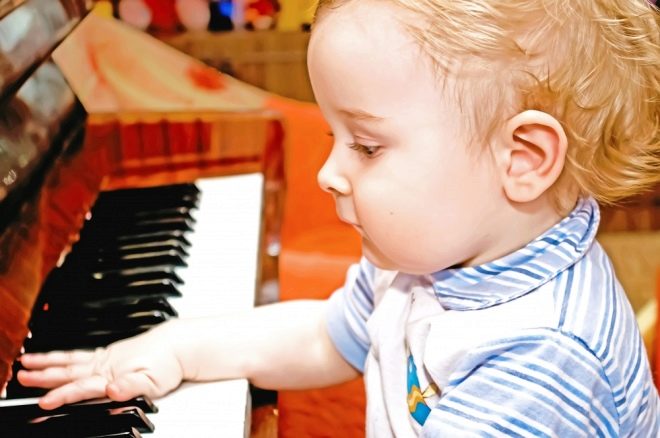Music on guard of education: how playing the piano helps children learn foreign languages
American scientists have concluded that playing the piano helps children learn foreign languages faster.
At the Massachusetts Institute of Technology, an unusual experiment was conducted that proved the direct connection between studying music and memorizing foreign words.
The group of subjects included 74 children aged 4 to 5 years.
For each of the children, the native language was Chinese. The scientists tried to select the subjects for the experiment in such a way that they were all prudent enough and had average and above average memory and alertness.
One third of the children were taught according to standard programs, the second third increased the number of lessons in a foreign (English) language, and the remaining third children were taught piano and English.
45 minutes of playing the piano three times a week turned out to be enough so that the effectiveness of learning a foreign language in the third group of children was the highest.
The research results are published in the journal Proceedings of the National Academy of Sciences.
With their research, experimenters from Massachusetts indirectly confirmed what scientists of the Max Planck Society had previously identified. They stated that pianist's brain works differently during the performance of classical or jazz.


